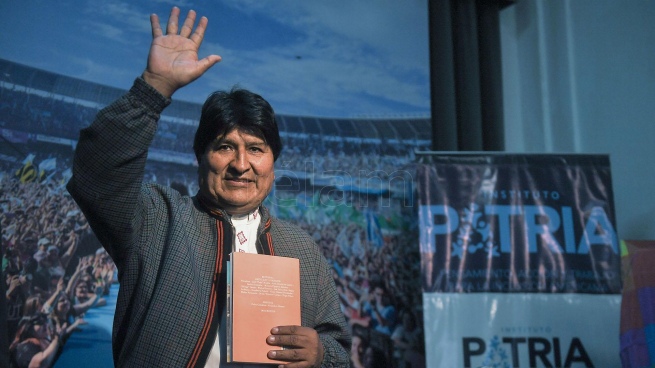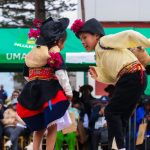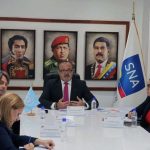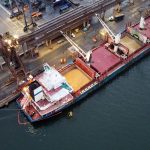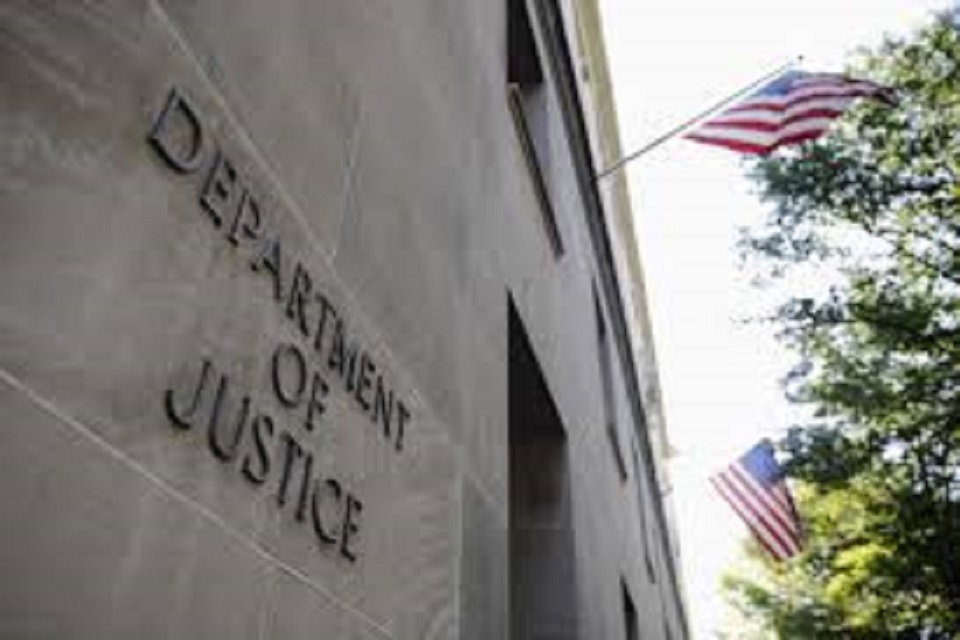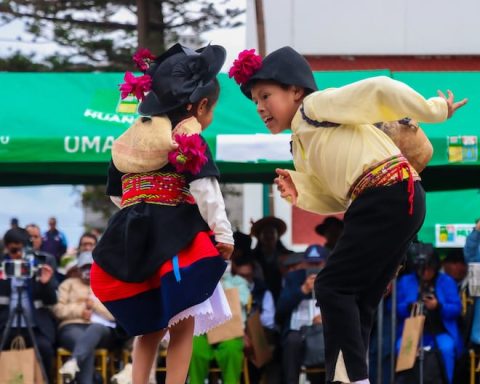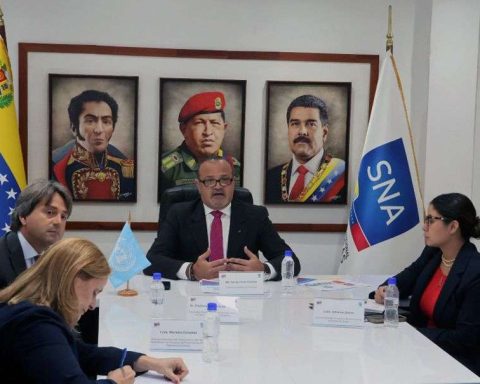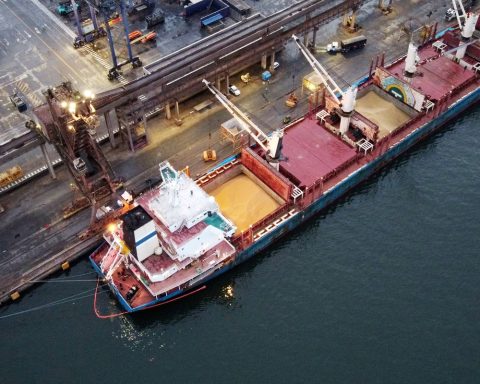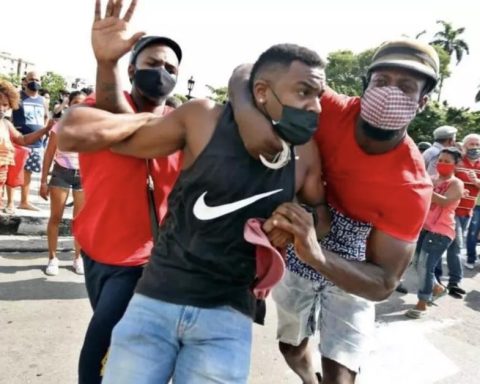The former president of Bolivia Evo Morales defined politics on Tuesday as a “science of service and sacrifice for humble people”; he stressed that it is “important” to maintain “unity” in progressive coalitions and stressed that these sectors “are winning again” in Latin America.
About, compared this reality with the stage in which “Néstor Kirchner, Hugo Chávez, Rafael Correa and Lula Da Silva” were presidents of Argentina, Venezuela, Ecuador and Brazil: “I feel that we are on that path”he emphasized.
The founder of the Movement for Socialism (MAS) spoke at the Patria Institute about the achievements and challenges he faced when he came to power in Bolivia in 2006 and described the current political scenario in Latin America as positive.
#TODAY at the Institute we welcome @evoespueblo in the meeting “The national and popular movements today in Latin America”. pic.twitter.com/6XelGctbAH
– PATRIA Institute (@inst_PATRIAar) July 12, 2022
“We consider three simple things to reach the Government: politically, refoundation, economically, nationalization, and socially, redistribution of wealth”Morales told officials, ambassadors and leaders of the Front of All (FdT), in the framework of the meeting called “The national and popular movements in Latin America today.”
“We made politics for poor people,” added Morales, making a counterpoint with “the right” who seeks to have “more wealth in his group”. In this sense, the leader gave advice “to the new generations.”
“If you want to do politics, understand that it is a science of service and sacrifice for humble people,” he stressed during an act that was broadcast on the social networks of the Patria Institute.

The Cuban ambassador, Pedro Pablo Prada; the Bolivian ambassador, Jorge Ramiro Tapia Sainz, and the Venezuelan ambassador, Stella Marina Lugo de Montilla.
Also present were the senators for the Front of All (FdT) Oscar Parrilli and Adolfo Rodríguez Saá and the ruling deputy Sergio Palazzo; the Minister of Territorial Development and Habitat, Jorge Ferraresi, and the former Minister of Culture Teresa Parodi.
Looking back on his days at the head of the Bolivian government, Morales stressed the importance of “unity.”

“The most important thing is to reflect on how to make the unit”he said, and exemplified with the Unity Pact, made up of “five indigenous peasant organizations”, which before the political unification “each one walked by their side”.
“There were two leaders who did not speak to each other, but they were both in the MAS,” he remarked, adding: “A lot of patience is required.”
Morales emphasized that “unity” is about “diversity” to face “adversity.” And he warned: “As long as we do not give up on our ideological position, there will be traitors but there will be no divisions.”
He recalled that his political movement was born to counteract a “capitalism” that “prefers the poorest and most ignorant humble people” to continue “stealing their natural resources.”

“The economic policy of our process does not come from the IMF, nor from the World Bank, it comes from the social movements,” he emphasized.
As part of one of the policies that he carried out, he emphasized the role played by “nationalization” of strategic resources. “The oil tankers were marching to nationalize oil; the miners, mining; the peasants, natural resources and basic services,” he detailed, stressing that the latter “should be a human right and not a private business.”
Recalling this moment in his government, Morales mentioned the role played by former President Néstor Kirchner during the nationalization of Bolivian hydrocarbons in 2006. “Kirchner called me and told me ‘if the oil companies don’t want to invest, I’m going to invest in Bolivia. for hydrocarbons,'” he recalled. “That’s solidarity,” he added.
Since his nationalization, Morales explained that “oil sales” have grown to “40 billion dollars,” while during the previous 20 years it was three billion.
“In 180 years, they left us with nine billion dollars of GDP. In 13 years we reached 42 billion of GDP,” he explained.

Morales considered that Latin America is currently “winning again” and compared it to a historical moment in which “Néstor Kirchner, Hugo Chávez, Rafael Correa and Lula Da Silva” were presidents of Argentina, Venezuela, Ecuador and Brazil, respectively. “I feel like we’re on that road,” he added.
Morales highlighted that one of the common characteristics of these governments is “social justice”.
And he added: “Making a democratic revolution means making a revolution with science and vote and not with guns or bullets.”
In addition, the former Bolivian president thanked President Alberto Fernández for “organizing” the “resistance” campaign after the coup suffered in 2019, in which they wanted to “proscribe MAS.”
“The MAS is in the government and Evo is in Bolivia, alive,” he concluded.
